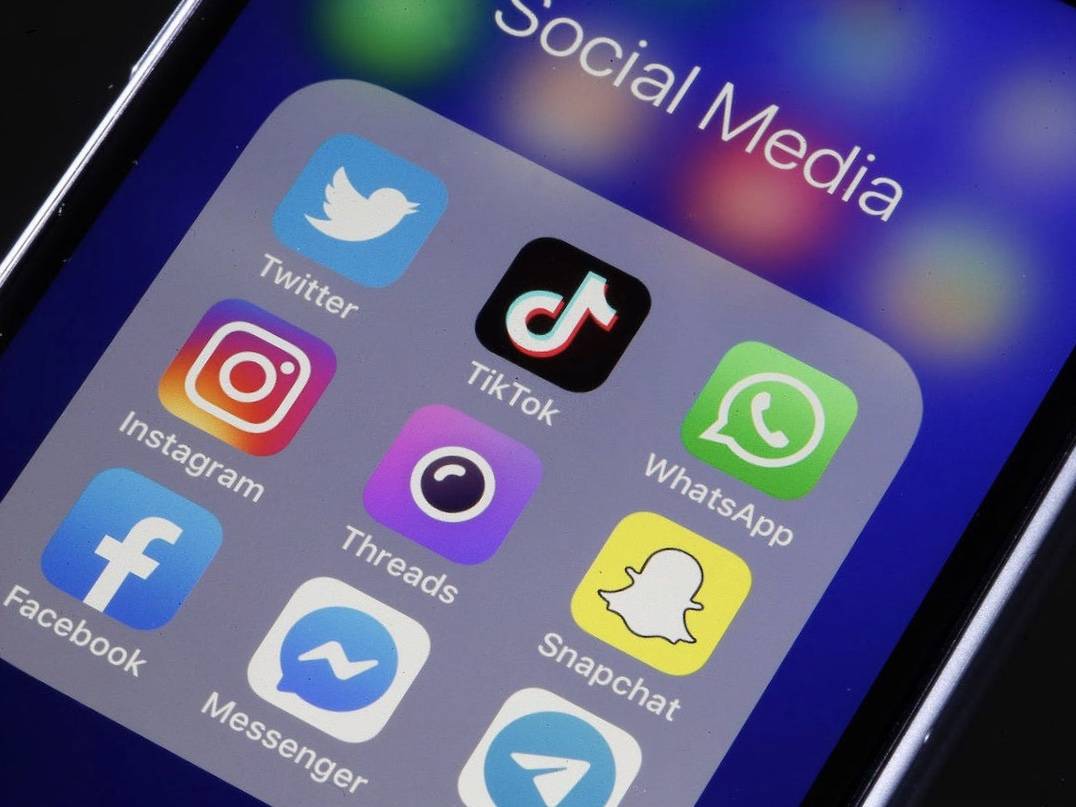Title: The Impact of Social Media: Debating Its Harms and Benefits on Society
Introduction:
Social media has undeniably transformed the way we communicate, connect, and share information. With its rapid rise in popularity, however, comes an ongoing debate about whether social media is doing more harm than good for society. While it has undoubtedly brought about numerous benefits, such as fostering global connections and amplifying marginalized voices, there are concerns regarding its negative effects on mental health, privacy, and societal well-being. This article aims to explore the various perspectives and discuss the impact of social media on society.
The Power of Connection and Engagement:
One of the significant advantages of social media is its ability to connect people across borders, cultures, and ideologies. Platforms like Facebook, Twitter, and Instagram provide spaces for individuals to engage with diverse perspectives, share experiences, and build communities. Social media has played a crucial role in mobilizing social movements, raising awareness about important causes, and facilitating conversations on topics that were once considered taboo.
Mental Health and Well-being:
While social media has opened new avenues for connection, it has also been associated with negative impacts on mental health. Studies have highlighted the rise in feelings of loneliness, anxiety, and depression linked to excessive social media use. The constant exposure to carefully curated highlight reels of others' lives can contribute to feelings of inadequacy and low self-esteem. Additionally, cyberbullying and online harassment have become pressing issues, affecting the mental well-being of individuals, particularly young people.
Privacy Concerns and Misinformation:
The advent of social media has raised concerns about privacy and data security. Users willingly share personal information on these platforms, often unaware of how it is being utilized by companies or third parties. Moreover, the spread of misinformation and fake news on social media has become a significant challenge. The viral nature of content can lead to the rapid dissemination of false information, potentially influencing public opinion, and even posing risks to democratic processes.
Productivity and Addiction:
The addictive nature of social media platforms poses a threat to productivity and overall well-being. The constant need for validation through likes, comments, and shares can lead to a compulsive need to check social media feeds. This can result in reduced focus, procrastination, and a negative impact on work or academic performance. Furthermore, the design of these platforms, driven by algorithms and notifications, encourages prolonged usage, leading to potential addiction-like behaviors.
Conclusion:
The debate surrounding whether social media is harming society more than it helps is complex and multifaceted. While it has undoubtedly revolutionized communication and provided numerous opportunities for connection and engagement, its negative impacts on mental health, privacy, and productivity cannot be overlooked. It is essential for individuals, policymakers, and social media platforms themselves to address these concerns and strive for a balance that maximizes the benefits while mitigating the harms. By fostering digital literacy, promoting responsible use, and implementing effective regulations, society can harness the potential of social media while minimizing its negative consequences.




No comments yet
Be the first to share your thoughts!